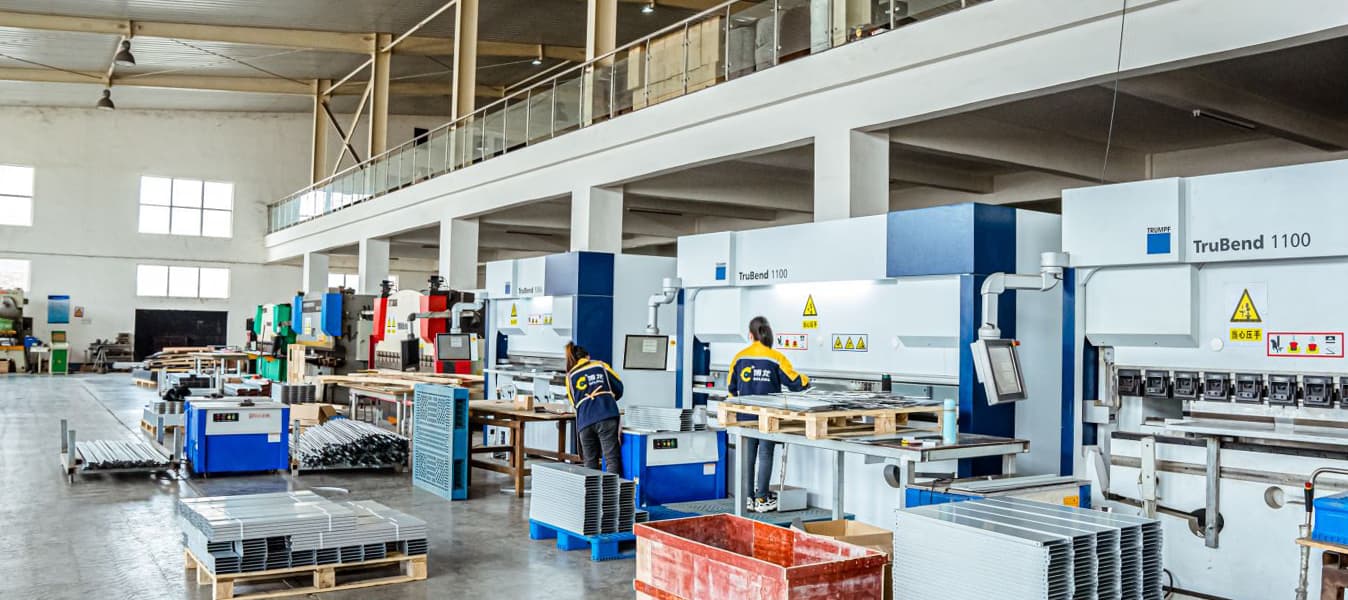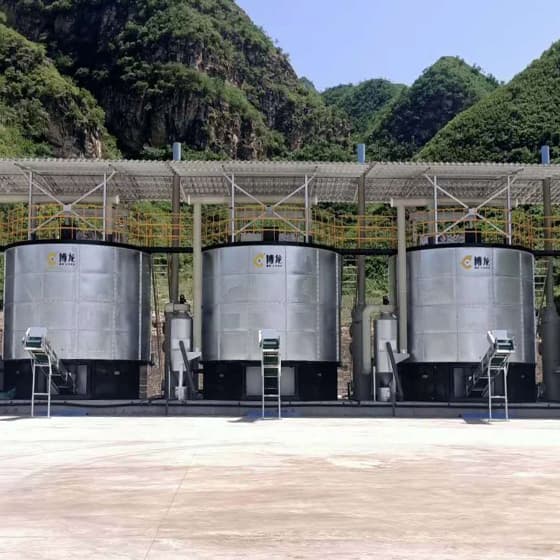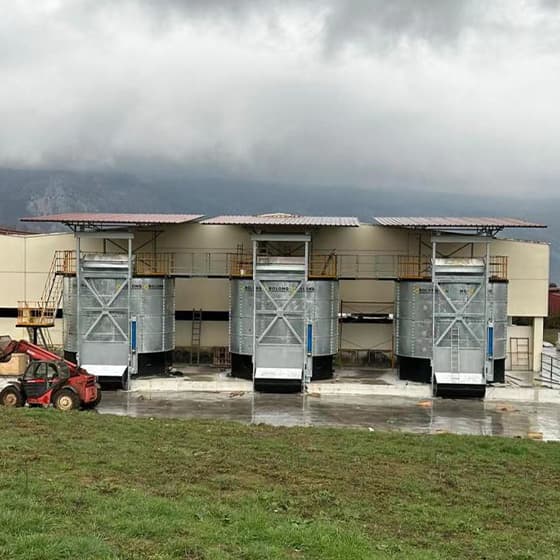Introduction
The technology behind fermentation tanks is continually evolving, driven by advancements in engineering, automation, and environmental sustainability. This article explores the future trends in fermentation tank technology and how these innovations will shape the organic waste management industry.

Smart Technology and Automation
Advanced Sensors and IoT Integration:
Real-Time Monitoring: Future fermentation tanks will be equipped with advanced sensors that provide real-time data on temperature, moisture, oxygen levels, and microbial activity. This data will be accessible remotely through IoT (Internet of Things) integration.
Predictive Maintenance: IoT-enabled tanks can predict maintenance needs and potential issues before they occur, reducing downtime and extending the lifespan of the equipment.
AI and Machine Learning:
Optimization Algorithms: AI and machine learning algorithms will optimize the fermentation process by analyzing data and adjusting parameters for maximum efficiency.
Autonomous Operation: Future tanks may operate autonomously, with AI systems managing loading, fermentation, and discharge processes without human intervention.
Enhanced Energy Efficiency
Renewable Energy Integration:
Solar and Wind Power: Future fermentation tanks will integrate renewable energy sources, such as solar panels and wind turbines, to power their operations. This will reduce reliance on fossil fuels and lower operational costs.
Energy Recovery Systems: Advanced heat exchange systems will recover and utilize more energy from the fermentation process, further enhancing energy efficiency.
Improved Insulation Materials:
Nano-Insulation: The use of nanotechnology in insulation materials will provide superior thermal resistance, maintaining optimal internal temperatures with minimal energy consumption.
Phase Change Materials: These materials can absorb and release thermal energy, helping to regulate temperature fluctuations within the tank.
Sustainable Design and Materials
Eco-Friendly Materials:
Biodegradable Components: Future tanks may use biodegradable materials for certain components, reducing their environmental impact.
Recycled Materials: Using recycled materials in the construction of fermentation tanks will contribute to a more sustainable production process.
Modular Design:
Scalability and Flexibility: Modular designs will allow for easy expansion and customization of fermentation tanks to meet varying capacity needs and waste types.
Ease of Maintenance: Modular components will simplify maintenance and repairs, reducing downtime and extending the life of the tanks.
Enhanced Fermentation Processes
Microbial Engineering:
Customized Microbial Strains: Advances in biotechnology will enable the development of customized microbial strains tailored to specific types of organic waste, enhancing the efficiency and speed of the fermentation process.
Microbiome Management: Future tanks will include systems to manage and optimize the microbial communities within the tank, ensuring consistent and high-quality compost production.
Multi-Stage Fermentation:
Sequential Fermentation Stages: Future tanks will incorporate multi-stage fermentation processes that optimize different stages of decomposition for improved efficiency and compost quality.
Integrated Nutrient Recovery: Systems will be designed to recover valuable nutrients during the fermentation process, producing compost with enhanced nutritional profiles.
Integration with Circular Economy
Closed-Loop Systems:
Waste-to-Resource: Future fermentation tanks will be part of closed-loop systems where organic waste is transformed into valuable resources like compost, biogas, and biofuels.
Zero-Waste Facilities: Integration with other waste management and recycling technologies will enable the creation of zero-waste facilities, minimizing environmental impact.
Digital Platforms:
Data Sharing and Collaboration: Digital platforms will facilitate data sharing and collaboration among different stakeholders in the organic waste management industry, promoting best practices and innovation.
Marketplaces for Compost: Online marketplaces will connect producers of high-quality compost with consumers, creating new economic opportunities and promoting sustainable agriculture.
Conclusion
The future of fermentation tank technology is promising, with advancements in smart technology, energy efficiency, sustainable design, enhanced fermentation processes, and integration with the circular economy. These trends will make fermentation tanks more efficient, environmentally friendly, and economically viable, transforming the organic waste management industry. Bolong, as a leading provider of fermentation tanks, is at the forefront of these innovations, ensuring that its products continue to meet the evolving needs of the industry. By staying informed about these future trends, you can make informed decisions and invest in technology that will enhance your waste management processes and contribute to a more sustainable future.

